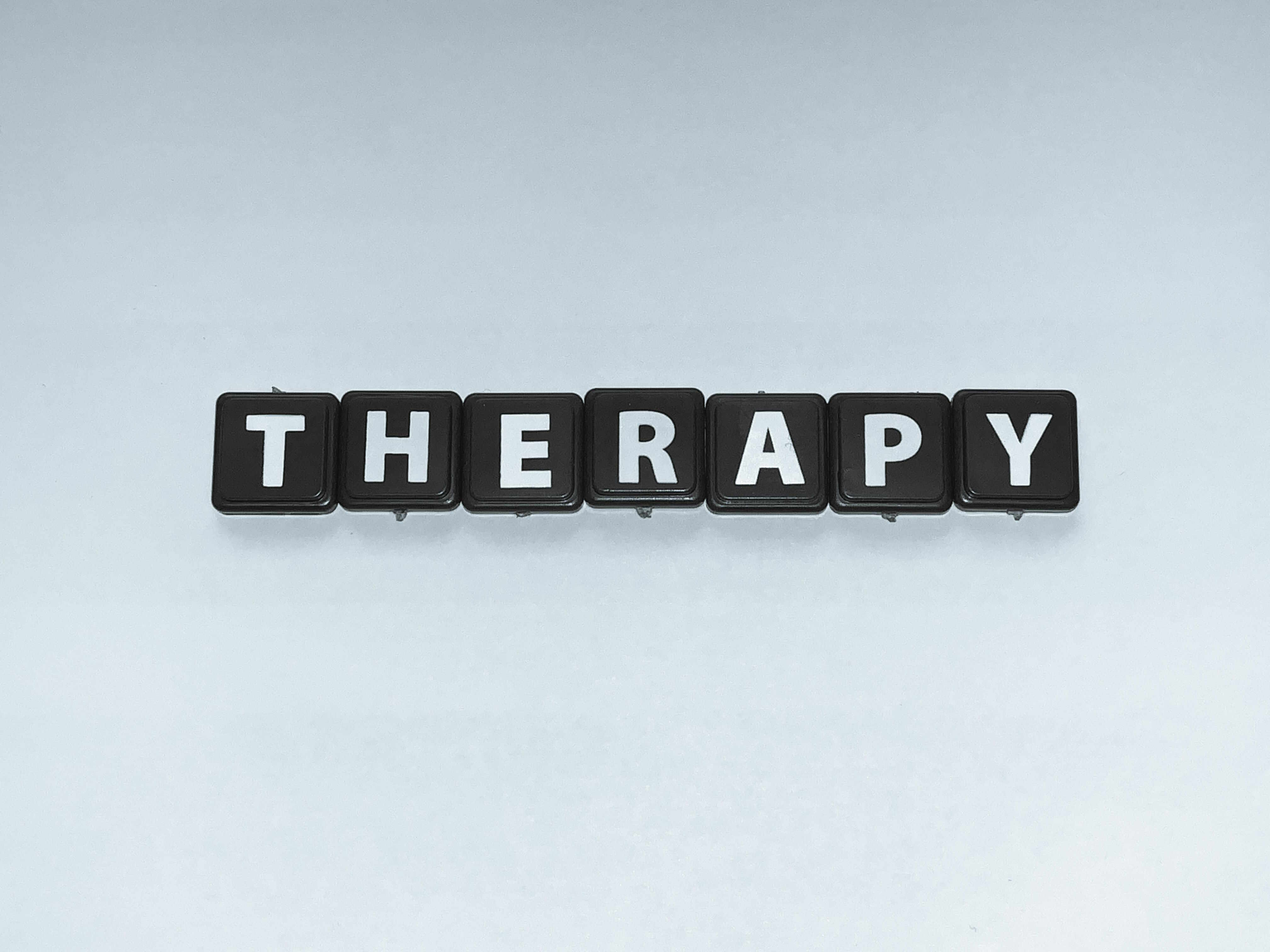Depression Test – Explore Emotional Well-Being
Understanding your emotional well-being is a crucial step toward maintaining good mental health. A depression test serves as a valuable tool for initial self-assessment, helping individuals recognize potential signs of depression and determine when professional help might be needed. While these tests aren't diagnostic tools, they can provide important insights into your emotional state and guide further actions toward mental wellness.

Understanding Online Depression Tests for Mental Health Awareness
Online depression tests typically consist of standardized questionnaires that evaluate various aspects of your emotional and behavioral patterns. These assessments usually take 5-15 minutes to complete and cover areas such as sleep patterns, energy levels, concentration, appetite changes, and mood fluctuations. The questions are designed to reflect common symptoms of depression while maintaining clinical relevance and scientific validity.
How to Explore Mood and Emotional Balance
A comprehensive mood assessment examines multiple dimensions of your emotional well-being. Key areas typically evaluated include:
-
Daily energy levels and motivation
-
Changes in sleeping and eating patterns
-
Ability to concentrate and make decisions
-
Feelings of hopelessness or worthlessness
-
Interest in previously enjoyable activities
-
Social interaction patterns and relationships
Self-Assessment for Understanding Daily Well-Being
Regular self-assessment can help track patterns in your emotional health over time. When taking a depression test, it’s important to:
-
Answer questions honestly and without overthinking
-
Consider your feelings and behaviors over the past two weeks
-
Note any significant changes in your usual patterns
-
Document specific situations that trigger mood changes
-
Record the frequency and intensity of symptoms
Types of Depression Screening Tools
Different depression tests serve various purposes and populations:
-
PHQ-9 (Patient Health Questionnaire-9)
-
Beck Depression Inventory (BDI)
-
Hamilton Depression Rating Scale (HAM-D)
-
Edinburgh Postnatal Depression Scale (EPDS)
-
Geriatric Depression Scale (GDS)
When to Seek Professional Help
While online depression tests can provide valuable insights, certain situations warrant immediate professional attention:
-
Persistent feelings of hopelessness
-
Thoughts of self-harm or suicide
-
Significant changes in sleep or appetite
-
Inability to perform daily tasks
-
Withdrawal from social activities and relationships
-
Overwhelming feelings of guilt or worthlessness
Finding Mental Health Resources
| Resource Type | Services Offered | Key Features |
|---|---|---|
| Crisis Hotlines | 24/7 Emergency Support | Immediate assistance, anonymous, free |
| Online Therapy | Virtual Counseling | Flexible scheduling, various specialties |
| Community Centers | Local Support Groups | In-person interaction, peer support |
| Mental Health Apps | Self-Management Tools | Progress tracking, daily exercises |
A well-rounded approach to mental health often involves multiple resources and support systems. Remember that depression tests are just one tool in the broader spectrum of mental health care, and professional guidance is essential for proper diagnosis and treatment.
This article is for informational purposes only and should not be considered medical advice. Please consult a qualified healthcare professional for personalized guidance and treatment.




